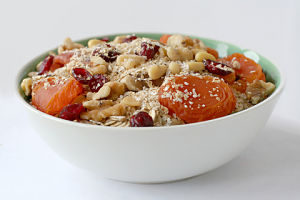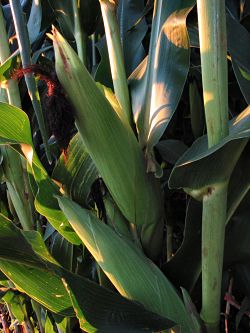Each Player on Its Own Can Do Little
No matter how well you eat, you may worry about your diet. You may doubt you are getting enough of certain nutrients. Iron, zinc,

With a superstar team, all players work together to win. Similarly, for whole foods, the benefit of all nutrients together is more than each taken on its own.
calcium, protein, omega-3 fatty acids…concern about these may hinder enjoyment of your food. Or maybe you are reluctant to begin a plant-based diet, because you are not sure if some critical nutrient is lacking.
We do not benefit from dissecting our foods into proteins, fats, carbs, calcium, iron, individual vitamins, and other components. The modern practice of taking food apart and worrying about each piece separately has led to bizarre eating patterns.
You may fret about lacking protein, or eating too many “carbs,” or not having enough “good fats.” So instead of eating whole foods, you then choose protein powder, neatly wrapped food bars, or bottles of oil. These foods narrowly focus on one or a few nutrients, leaving out most of the goodness of the entire plant.
Think of these manufactured foods as similar to a demolished building. You can live in an intact house, but won’t find shelter in a pile of bricks. Similarly, you won’t find the nutrients you need in (more…)












